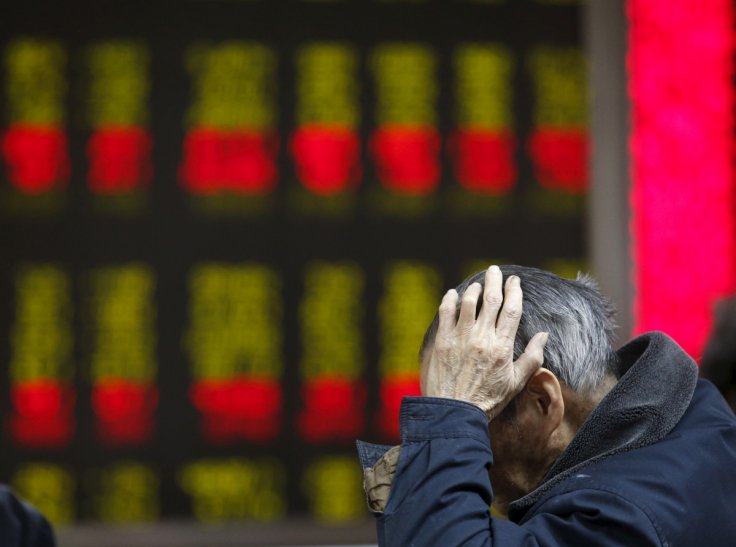
Asian stocks rose across the board and long-term U.S. Treasury yields hovered near four-month highs on Wednesday with investors looking past the latest escalation in the U.S.-China trade feud, seen by some market participants as less severe than expected.
MSCI's broadest index of Asia-Pacific shares outside Japan rose 0.7 percent.
Hong Kong's Hang Seng was up 1.1 percent and the Shanghai Composite Index rose 1 percent following a surge of 1.8 percent the previous day.
Australian stocks added 0.45 percent, South Korea's KOSPI dipped 0.2 percent and Japan's Nikkei rose 1.5 percent.
Wall Street shares posted a broad-based rally on Tuesday amid emerging views that the U.S.-China trade dispute's impact on world growth might not be as severe as previously feared.
"The broader equity markets are able to regroup now that the latest phase of the U.S.-China trade war is over," said Masahiro Ichikawa, senior strategist at Sumitomo Mitsui Asset Management in Tokyo.
"There was relief as the United States set the initial tariffs at 10 percent, rather than the expected 25 percent, seen by some as a gesture that it was buying time for further negotiations."
The Trump administration said on Monday, it will begin to levy new tariffs of 10 percent on $200 billion of Chinese products on Sept. 24, with the tariffs to go up to 25 percent by the end of 2018.
China hit back, saying it will levy tariffs on about $60 billion worth of U.S. goods, as previously planned, but cut the tariff rates.
While global market reaction to the latest phase of the trade dispute has been relatively limited, the U.S.-China row was expected to heat up - a major worry for investors.
"In reaction to China's latest retaliatory move, Trump is now highly likely to hit back by adding tariffs to another $267 billion of Chinese goods. The trade war will only escalate," said Yoshimasa Maruyama, chief market economist at SMBC Nikko Securities in Tokyo.
"It remains to be seen if China holds back its anger and still holds negotiations with the United States. But if it opts not to, we'll have to brace for the trade conflict dragging on into 2019."
U.S. Treasury Secretary Steven Mnuchin last week invited top Chinese officials to a new round of talks, but speculation has risen that Beijing would decline to attend in the fallout of Washington's latest trade salvo.
Safe-haven U.S. Treasuries were sold and their yields rose on the back of improved investor risk appetite.
The benchmark 10-year Treasury yield stood at 3.049 percent after touching 3.059 percent overnight, its highest since May 23.
The rise in yields propped up the dollar in turn. The greenback climbed to a two-month high of 112.395 yen overnight and last traded at 112.300.
The yen showed little reaction to the Bank of Japan's well-anticipated decision on Wednesday to keep monetary policy steady.
The BOJ also maintained its 10-year Japanese government bond yield target at around zero percent.
China's yuan was little changed at 6.8601 per dollar in onshore trade after edging up 0.1 percent on Tuesday.
The Australian dollar, seen as a gauge of risk sentiment, brushed a two-week peak of $0.7235 after advancing nearly 0.6 percent on Tuesday.
The euro slipped 0.05 percent to $1.1663.
The pound shook off modest overnight losses and rose to $1.3175, its highest since July 26. Growing confidence that Britain and the European Union can secure an agreement has encouraged investors to buy sterling.
Crude oil prices consolidated after rallying the previous day on signs that OPEC would not be prepared to raise output to address shrinking supplies from Iran, and as Saudi Arabia signalled an informal target near current levels.
Brent crude futures slipped 0.1 percent to $78.94 a barrel following a rally of 1.25 percent on Tuesday.
U.S. crude futures lost 0.05 percent to $69.82 a barrel after surging 1.4 percent on Tuesday.








